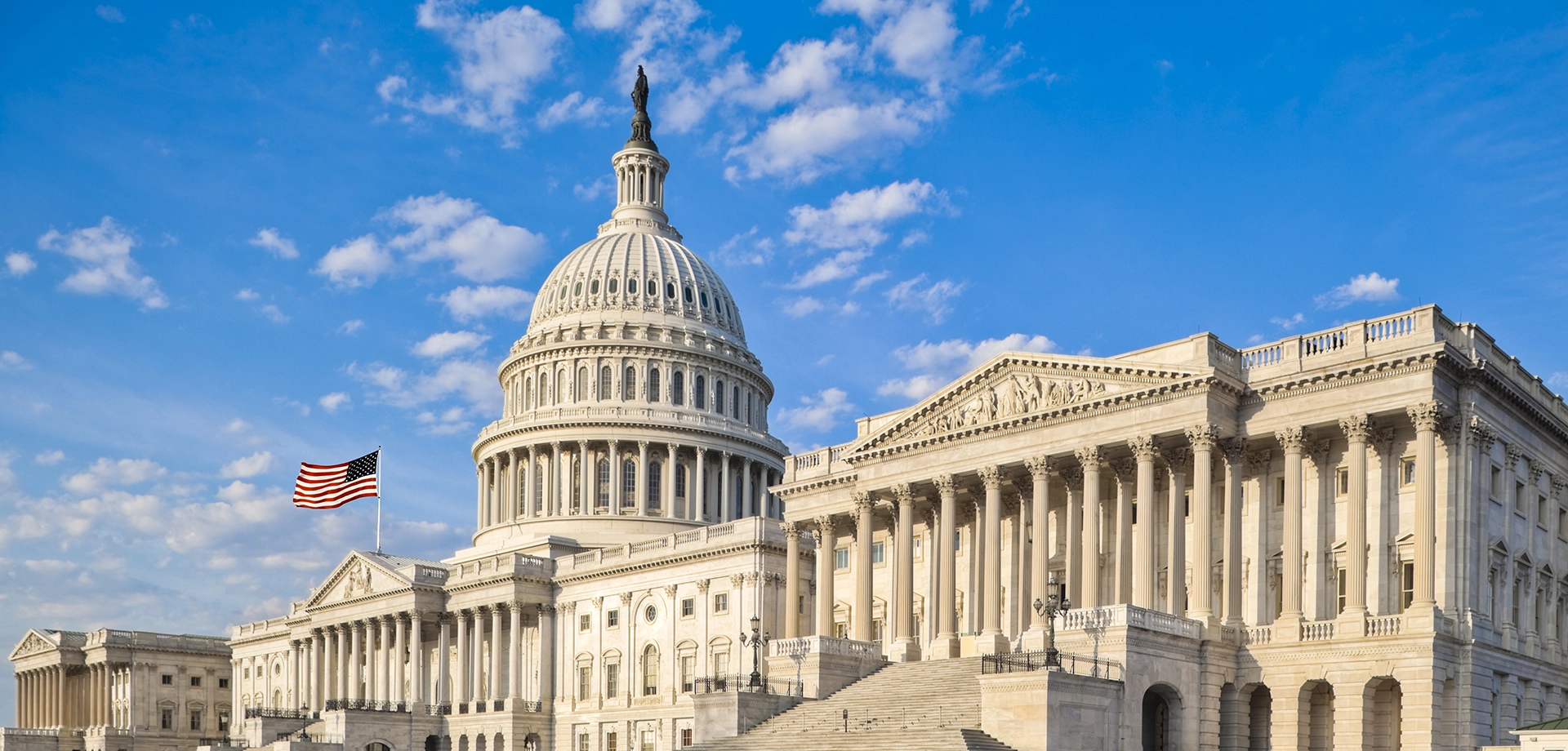In an action that will take effect December 3, 2021, the Department of Interior has revoked the 2021 Migratory Bird Treaty Act Rule which defined the types of activities criminalized under the Act. In the revoked rule, issued on January 7, 2021 in the last days of President Trump’s administration, Interior defined prohibited activities under the Act to exclude the incidental—i.e., unintentional—taking of migratory birds. Interior’s action now reverses the agency’s short-lived position on incidental takes (which was first articulated early in the Trump Administration via a Department of the Interior legal opinion), and the agency has explained in its revocation rule that it will be pursuing yet another rulemaking to develop and implement standards and a permitting program. In the meantime, Interior will go back to its decades-long practice of enforcing the MBTA consistent with its interpretation of the text of the Act as including incidental take and any court decisions applicable to a particular enforcement action.
The previous administration’s January 7 rule concluded that the MBTA did not prohibit the incidental taking of migratory birds. The MBTA prohibits actions taken “to pursue, hunt, take, capture, [or] kill” migratory birds, eggs or nests of migratory birds, or migratory bird products. 16 U.S.C .§ 703(a). The January 7 rule concluded that those terms applied only to actions that were intentionally directed at birds, their nests, eggs, or products. In doing so, the January 7 rule relied heavily on the Fifth Circuit’s rationale in United States v. CITGO Petroleum, which understood the term “take” to mean “to ‘reduce those animals, by killing or capturing, to human control.’” Absent a requirement that “take” be intentional, the Fifth Circuit warned of an unpredictably enforced strict liability regime that could affect any organization unfortunate enough to take any individual of 836 species protected by the MBTA. The Trump Administration adopted this rationale over conflicting precedents from other courts (including a district-decision rejecting the agency’s legal opinion that had affirmed this rationale) as the basis of the January 7 rule.
In its revocation rule, the Department of Interior disagrees with its earlier treatment of the text of the MBTA and the CITGO decision. First, Interior disputes the statutory analysis offered by the Fifth Circuit and the January 7 preamble. According to the agency, if “taking” meant only intentional actions that harmed wildlife, it would be duplicative of the terms “hunt” and “capture” and “kill.” Interior also adopted the decisions from other federal courts upholding the former strict-liability-for-incidental-take regime. Interior also drew on comments from Canadian officials—the United States’ treaty partner in the Migratory Bird Treaty that undergirds the MBTA—who criticized the January 7 rule. Interior also saw the January 7 rule as conflicting with Congress’s decision to exempt the military from take liability under the MBTA for unintentional takes. If, Interior argues, the MBTA only criminalizes intentional takes, such a Congressional exemption would have been unnecessary from the start.
For now, Interior will enforce the text of the MBTA consistent with its earlier practices, which spanned some 40 years, and in observance of judicial precedent applicable to any individuals or organizations subject to those precedents. This amounts to a return to the pre-Trump position on incidental takes under the MBTA, and means that the CITGO court’s interpretation remains governing law within the Fifth Circuit.But Interior also has announced that it will be preparing a rule on incidental take that further clarifies the agency’s position. That rule will likely provide a pathway for permitting incidental takes— perhaps similar to a regulatory version of the statutory Section 10 Incidental Take Permit contained in the Endangered Species Act or similar to the U.S. Army Corps of Engineers nationwide permit program, or something in between. Importantly, whatever that future MBTA rule looks like, we expect it to detail the “incidental take” interpretation and establish a permitting program that will apply nationwide – providing a fresh slate in the Fifth Circuit as well. That rule will be subject to the full suite of agency deference canons, including Chevron deference for agency interpretations of ambiguous statutory language. Although Interior has not announced a timeline for the future rulemaking, we will continue to observe and share our insights on developments on the MBTA as they emerge.

